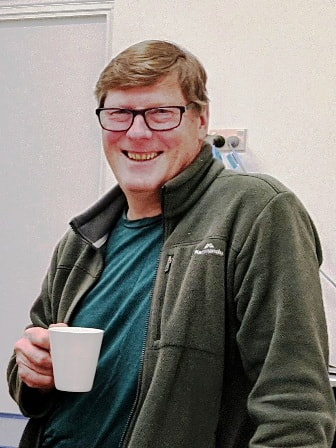Dr Tony Weatherly, a soil scientist at the University of Melbourne, is currently researching into technologies to support large scale food waste as a soil conditioner. He would like us to think about soil as a dynamic, living thing. "Soils have a tipping point, just as our own health does, and beyond a certain point soil can't be repaired or replenished - it's not an unlimited resource. Understanding soil science is more important than ever: our future environmental and economic well being depends on it. we can't keep treating soil like dirt, pun intended" ('Soil, Food and Cities' Voice University of Melbourne 9 March 2015 p 8). Another article University of Melbourne researcher, Professor Deli Chen and his soils group hope to develop a scientific index called a nitrogen footprint to increase consumer awareness of how efficiently the farmer used nitrogen fertilizers when producing their food ('Food, Fertilizer and our nitrogen footprints' Voice University of Melbourne 9 Feb 2015 p 10).
The Australian Academy of Science's report 'The science of climate change: questions and answers' was released recently (www.science.org.au/climatechange). We read a thought provoking article relating to this - 'Climate Change is not in doubt, so stop the ostrich act' - by Nobel Laureate and Academy of Science fellow Brian Schmidt (The Age, 16 Feb 2015). Schmidt considers we should not self-diagnose but scould act on expert opinion. Class member Frank wholeheartedly agreed with Schmidt's analogy 'It's much like getting a medical diagnosis from a panel of the country's best doctors' (Schmidt quoted in The Age, 16 Feb 2015).
Other topics discussed this month included the evidence of warming of the world's oceans from data collected from 3500 Argo buoys from 2006 - 2013; concerning reports that the government does not consider the Great Barrier reef in danger; cyclones; wave energy;the production of a new type of plum; Innovations in solar technology in which energy from the sun is printed on plastic and research by a Bendigo raised water engineer, Profesor Peter Scales, on an optimal system to recycle wastewater.
John reported on the Strathbogie Voices seminar by Dr David Karoly and on George Marshall's presentation in Shepparton which emphasized the importance of relating climate change conversations to the feeling sides of people's brains, to their stories and interests, rather than focusing on 'polar bears', or people will 'do it later'.
As you can see, we always have lots to talk about and highly value the work our tutor John Lloyd puts into preparing topics for us to discuss each session.



